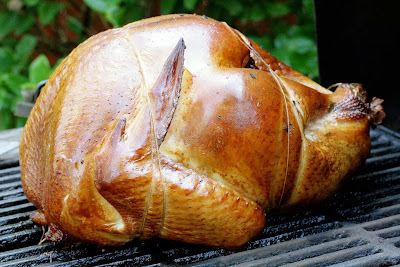The lovely folks at eGullet pointed me towards Yoshizawa Riko in the Shibuya neighborhood. This brought me here:
I recognized the pale green sign immediately from their website. Who says you have to be able to read to get around Tokyo? As an illiterate buffoon who could only say "Arigatō", I was still able, with hand signals and a smile, to get the shopkeeper to bring out the knives. His Shigefusa sushi knives:
His Shigefusa fish knives:
As much as I wanted to bring these home, I didn't. I really, really wanted to bring one home. But I just don't do much fish slicing, and generally cook fish in the shape that I bring it home. I just don't have a need for those knives. Instead, I brought home a Sugimoto gyuto (meat or all-purpose knife):
While the gyuto is often considered a "Western-style" knife, this knife (like many Japanese knives) is sharpened mostly on one side of the blade. It is almost flat on the other side, which allows ridiculously thin slicing. Sharpening on one side also renders the blade right or left-handed, depending on how it is sharpened. But look at how thin I was able to slice that sopressata (from Knight Salumi, incidentally). That was with almost no practice. With a little practice, I think I can beat that.
I also brought home a non-stainless steel Shigefusa handmade Tokyo-style Nakiri bocho (vegetable knife). This knife is sharpened on both sides:
I'd heard that you need to clean these things immediately after using to keep them from staining, and I've already learned how true that is. Those stains near the sharp edge are from sitting on the counter for literally 2 minutes after chopping an onion while I looked for a clean cloth.
An amazing knife, but keep a cloth nearby for cleanup.
I'm loving playing with these guys in the kitchen. What remains to be seen - can I find someone in San Diego who knows how to properly sharpen Japanese knives?

But dude...how much did you spend?!?!
ReplyDeleteRather more than is sensible. But about half of what it would have cost in the U.S.
ReplyDeleteI want to to thank you for this excellent read!! I definitely enjoyed every bit of it.I have you bookmarked to look at new stuff you.Japanese Knives in Japan
ReplyDeleteThis is very effective cultery chef knife. It is suitable to cut meat and fish.
ReplyDeleteNice blog, please tell the price for Crkt Knives Canada
ReplyDelete